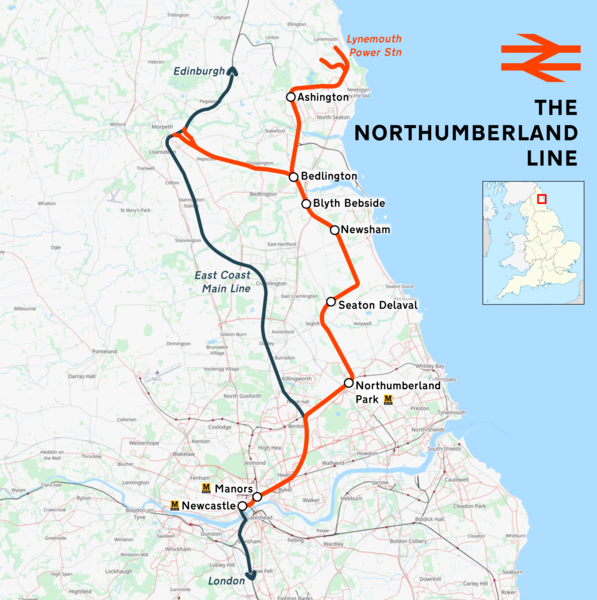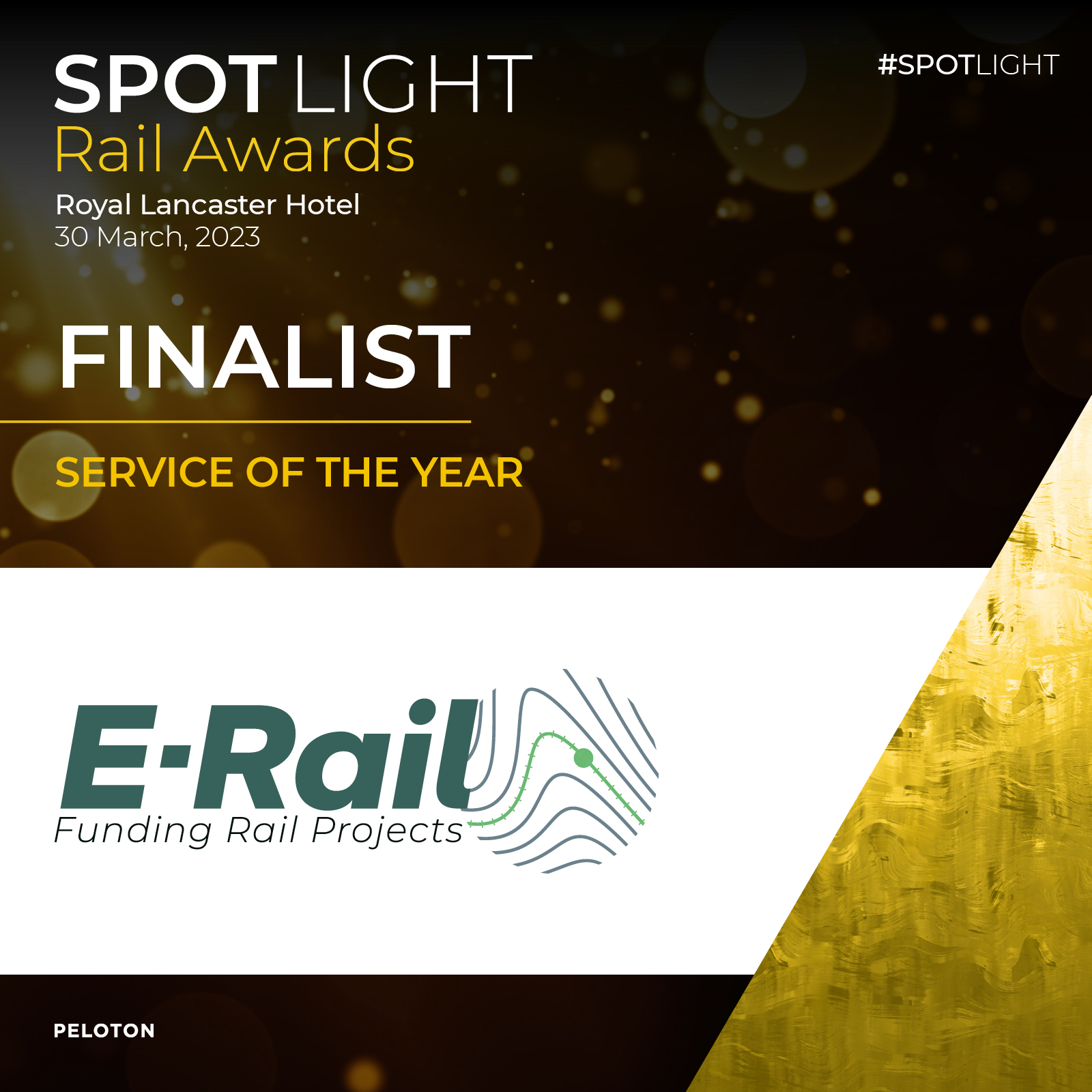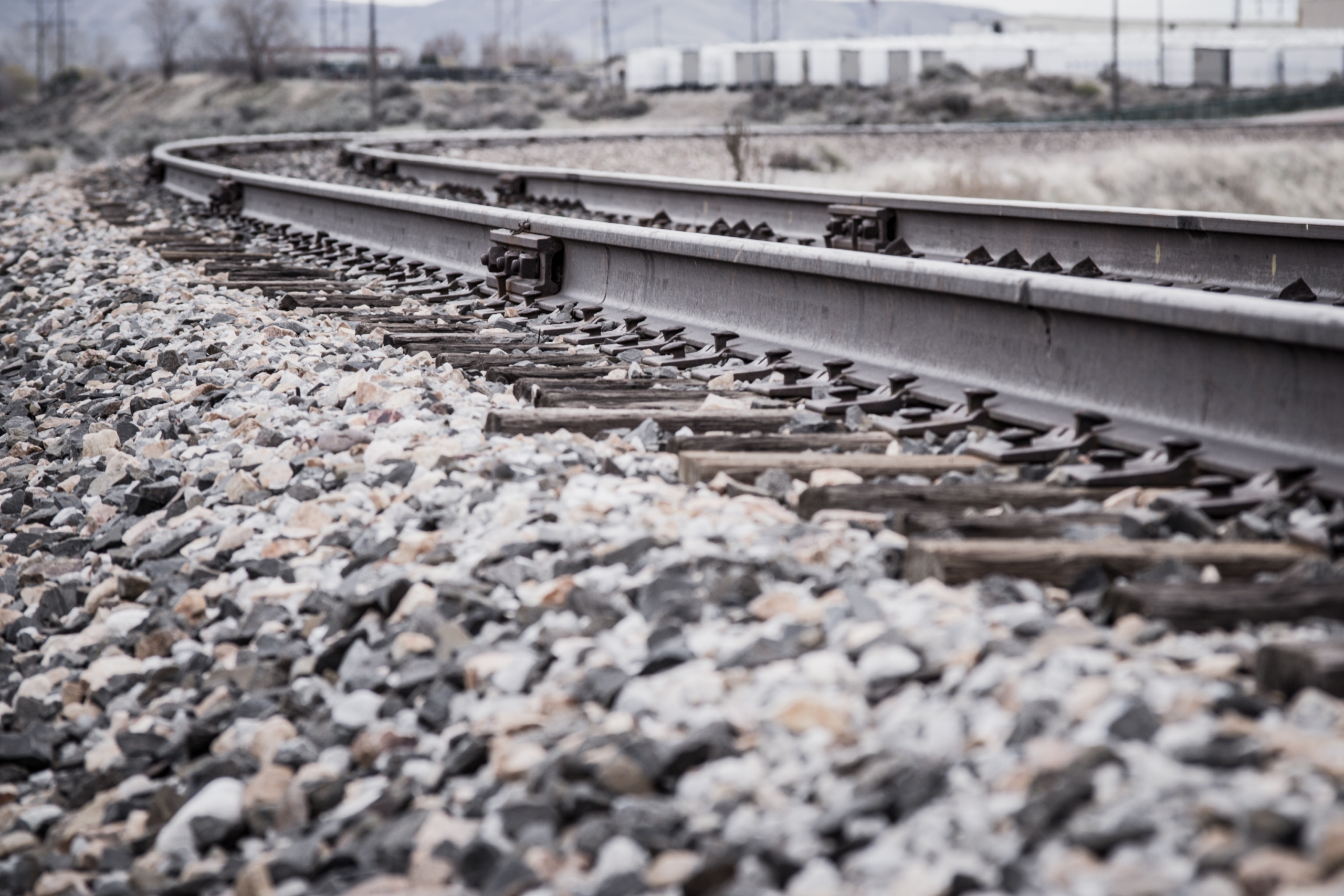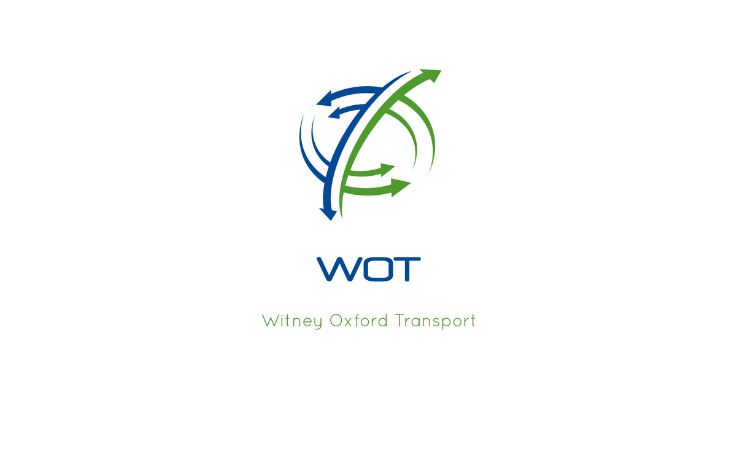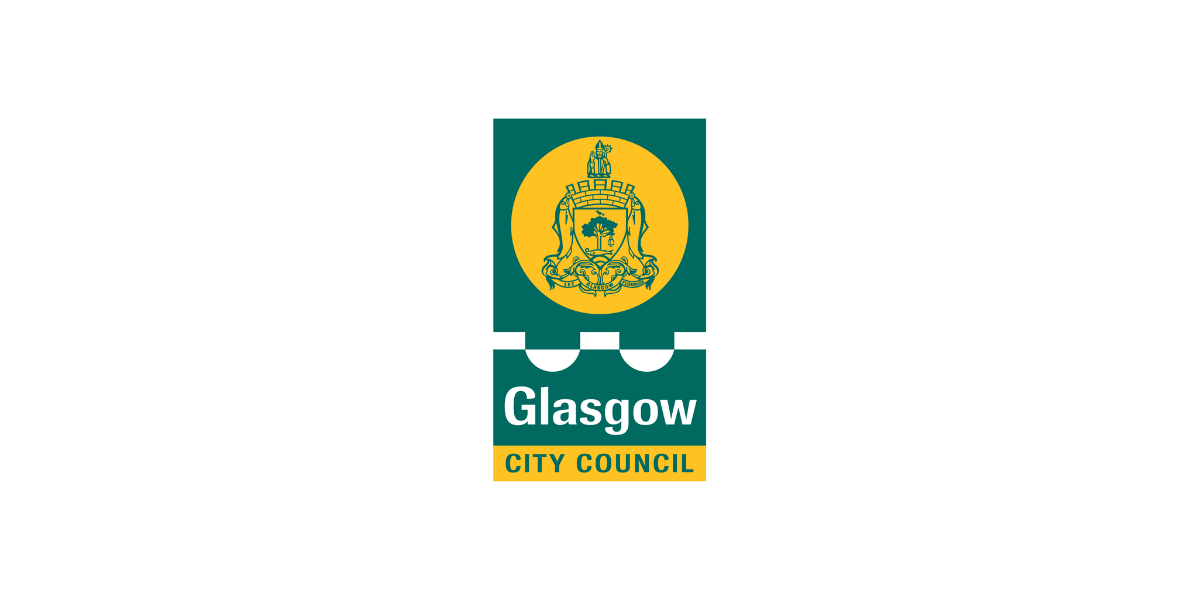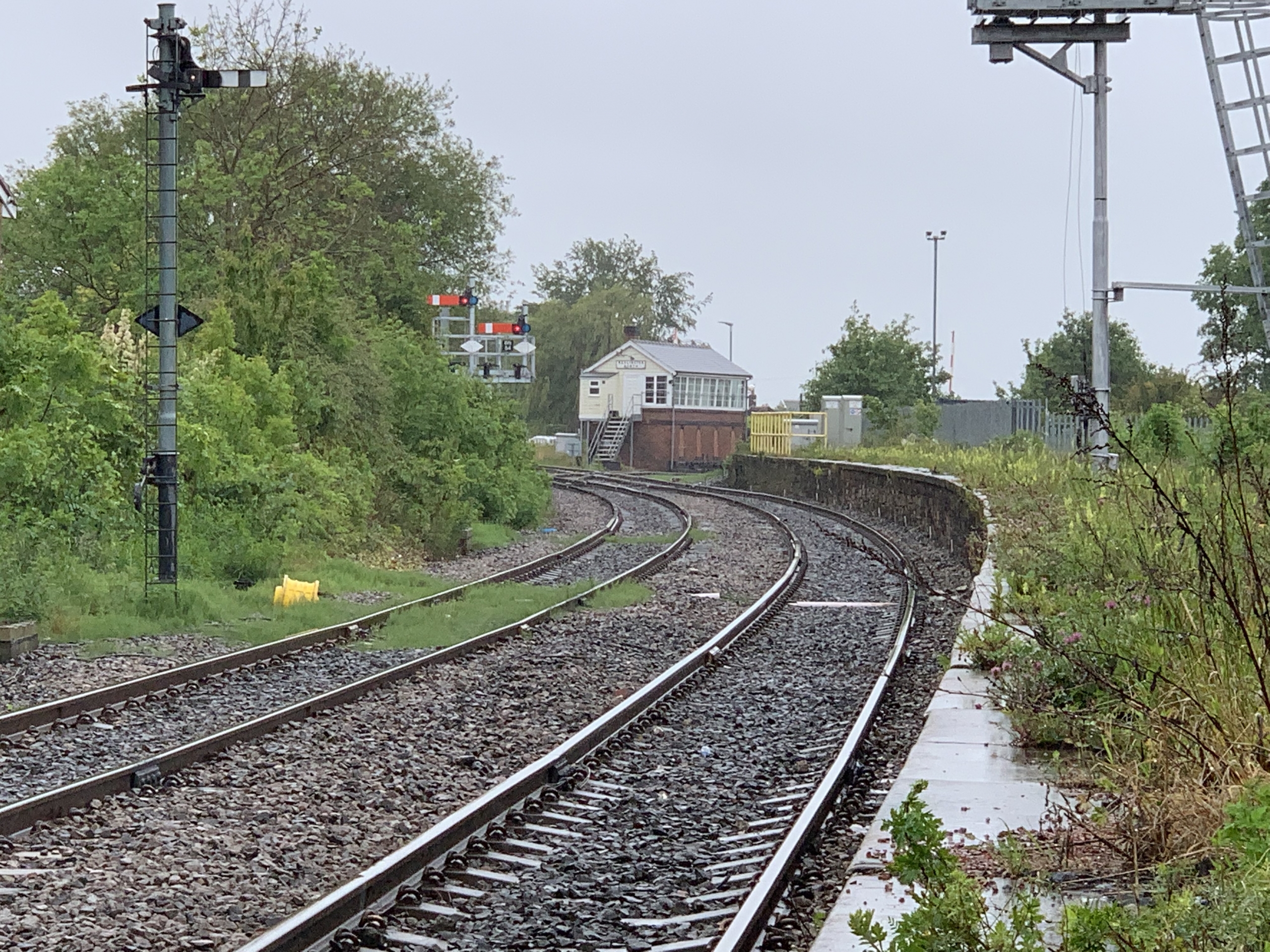Are you missing out on valuable funds to make your infrastructure project happen?
It is normal for local authorities to use mechanisms within the planning process such as Section 106, or in the case of Scotland Section 72 contributions, or wider instruments such as Community Infrastructure Levy (CIL) to raise money to make sure that infrastructure in the region can keep up with new homes and businesses. This includes roads and schools. However, these charges miss most of the uplift in value created because they come at the end of the development process, by which time, value has been allowed to leak from the development process. In addition, CIL charges apply to all residents and businesses across a region, not just those that will specifically benefit from new local infrastructure that creates value uplift.
Capturing uplift at the beginning
Both existing methods can be effective to an extent, but there is a third method – pioneered by E-Rail – which is quietly appearing on the agenda where contributions are sought from landowners that obtain beneficial planning consent as a result of new infrastructure. This is particularly impactful where the council, as the planning authority, is required to raise money towards the cost of the project, (for example where a 25% local contribution is required towards infrastructure to be funded from central government grants).
Re-opening the Northumberland Line
The E-Rail methodology, which has been developed over the last 10 years has played its part in the re-opening of the Northumberland Line between Newcastle and Ashington, where it is estimated the E-Rail transport fund will generate around 25% of the capital cost.
This is substantially more than any S106, S75 or CIL; and achieves greater social equity, as those who benefit most make the contribution.
Harnessing funds for your project
If you are considering a heavy rail, light rail or bus rapid transit project in the foreseeable future then this method and the potential it could deliver should be included in your business case thinking. The E-Rail team can explain how it works, if it will succeed on your project and how much you might expect to collect.
Please contact George Hazel at George.Hazel@E-rail.co.uk or https://www.e-rail.co.uk/contact-us/
